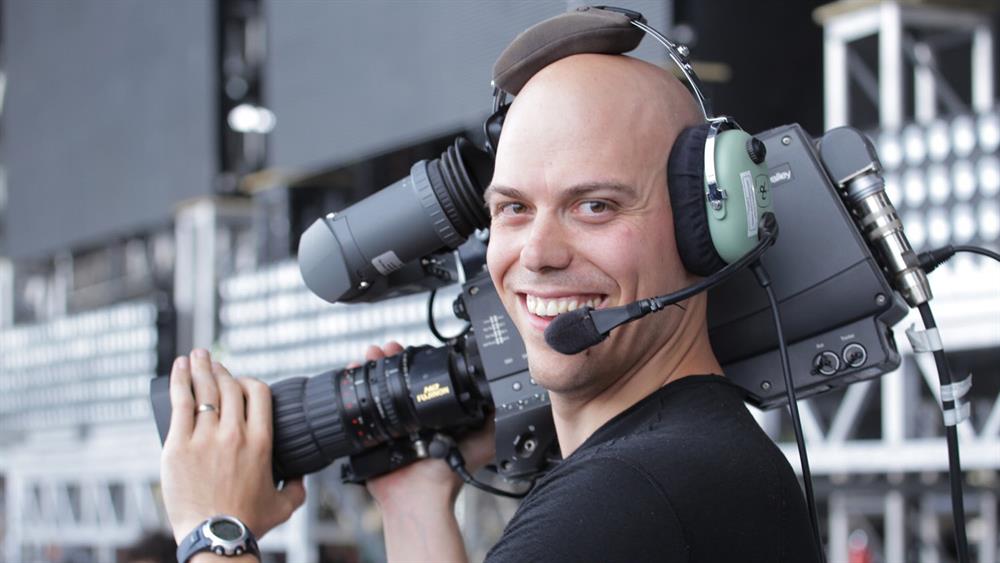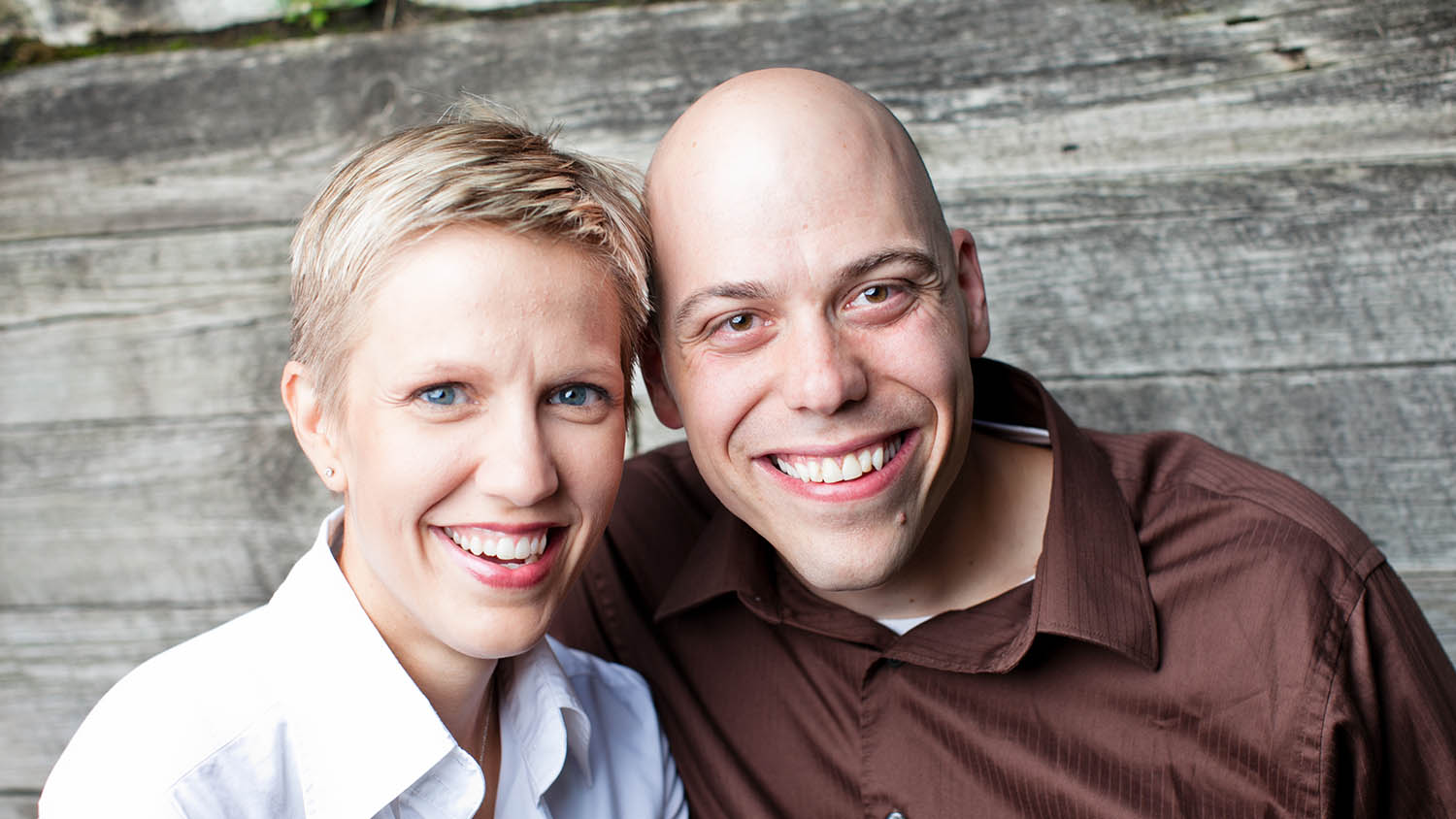With the decision of
Masterpiece Cakeshop v. Colorado Civil Rights Commission being announced in
June, there is a similar case being argued in Minnesota. Carl
and Angel Larsen are devout Christians, who
place God at the helm of their livelihoods. They cherish many values with their
Christian faith, marriage being one of their most closely held ones. They
own Telescope Media
Group, which is a small media business they run
themselves. Disappointed in the current state of marriage and hoping to expand
their business ventures, they wish to make marriage videos, in which “… to use their wedding cinematography to reanimate the
hearts and minds of people about the goodness of marriage between a man and a
woman.”
However, they are
unable to start making marriage videos because of Minnesota Statute 363A.17.
“It is an unfair
discriminatory practice for a person engaged in a trade or business or in the
provision of a service:
They are now arguing that they should not have to abide by the Minnesota Statute because it restricts their Free Exercise rights guaranteed with the First Amendment. They have yet to release marriage videos, and they face a REAL payment of a civil penalty to the state, triple compensatory damages, punitive damages up to $25,000, and even up to 90 days in jail if they chose to deny same-sex couples. They are filing a lawsuit to attain a court order allowing them to be punishment free. Leading this info into a suffice question, does Telescope Media Group have the right to be exempt from Statute 363A.17 because their Free Exercise rights are infringed upon?
The answer to this case is very
tricky in many situations, due to the many repercussions that could arise from
this case. The Larsens under the First Amendment are guaranteed the right to
Free Exercise of their religion, however the Constitution conflicts with the
Statute put into place. The full scope of this case and siding with the Larsens
could potentially set future precedent for people who actually intend to be
malicious in values to deny same-sex couples public service, however if you
side the other way, you could potentially harm the future structure and
interpretations of the Free Exercise Clause. This is particularly harmful
because that structure is a deep foundation for the population of Americans who
are religious. Both create a slippery slope, that can create negative impacts.
A couple things I looked at
are the implications and a similar case. The first thing I looked at was the
implications of why the statute was made, and I don’t see evidence to suggest
that it was made to target a certain religious affiliation into complying, I
think it is in place to protect people from being discriminated against.
However, as I also mentioned before this reminds me of the baker who refused to
bake a cake for the same-sex couple. The resemblance I see between the two is
in the passion they put into their works of art. They start from scratch and
then mold their works into a finished project that is riddled with the time
they put into this work. So, I see plausible reasonings for both
sides in this case.
Coming to an answer in this case,
leaves me with the conclusion that I agree and side with Telescope Media
Group and their ability to use their first amendment rights. Their Free
Exercise rights are being hindered because of Minnesota Statute 363A.17. A
common belief of their faith is that marriage is between a man and a
woman, and their purpose for making wedding videos is to rejuvenate those
sentiments. I think for those purposes they are not acting off of
discrimination, but off their faith. Do you think that the reasonings they have
given are plausible to be used in court?



5 comments:
I believe that the couple in question are using their faith as an excuse to discriminate in this particular case. The difference between this case and the case involving the cake shop is that the Larsen's are trying to make a statement about sexual orientation and are using their religious beliefs as a backing for a reason to make the videos that are being made for the purpose of expressing their disdain with homosexual peoples. No one is forcing them to make these videos, while the sake store owner is arguing he was being forced to support a principle he does not agree with, which hinders his free-exercise. Since there is a statute that clearly states that these practices cannot be done by business holders in the state, they should not be able to make these videos.
I agree with Rob that the couple in question is being discriminatory and should be held accountable to the Minnesota Statute 363A.17. As we have discussed in class, there is a difference between the freedom to believe in something and the freedom to act upon those beliefs. There are limits to what one can exercise as a religious practice. In the Reynolds v. United States case, we learned about how the court ruled that you can believe in polygamy, yet you cannot act upon it, even if you see it as way to exercise your religion. This is because polygamy is illegal. It is also illegal to discriminate against someone because of their sexual orientation. This couple seeks to be exempt from the Minnesota Statute 363A.17, yet they should not be exempt from a law that was made with the intent of being neutral towards all religions. I believe that Rob puts it best when he states "[the couple] is using their faith as an excuse to discriminate".
This case is particularly intriguing because the Telescope Media Group is challenging the law through a 'pre-enforcement challenge' before they begin their potentially discriminatory business practice. The fact that they are aware that their wedding video business, which would only service heterosexual couples, would break a Minnesota statue raises the question as to whether or not one's agenda should be a factor in determining the ruling in this case. While the owners of the film company have every right to promote their Christian values in the products they sell and create for customers, they cannot purposefully exclude homosexual customers from purchasing their products and media services. I agree with Julia when she argues that the Minnesota Statute was created to serve as a neutral guideline, and thus the couple cannot be exempt from the law. Since the statute is intended to promote good order, the exemplification on religious grounds would create an opportunity for many other businesses to discriminate based on their claimed religious exercise.
To expand on the points of Katarina and Julia, I believe their is a clear state interest in enforcing the non-discriminatory statue in this case. As is evident by the number of posts this week on situations similar to the Philips and Hobby Lobby cases, now that the precedent of religious exemptions has been set the flood gates have opened. This is why I think the courts should rule that their is a separation between personal and business practices. The fact a company has argued they have the right to refuse service, despite this being a pre-enforcement challenge worries me. The courts are setting a precedent that could allow the free practice clause to be twisted and used for discriminatory purposes. We are sliding down a slope that could end in many businesses being exempt from adhering to laws and statues which address discrimination and perhaps even worker rights. The state has a clear interest in enforcing the discrimination statue to set the precedent that businesses are not people, and do not have the same religious liberties as our citizenry.
Although a tricky issue, I do believe that the filmmakers should have the right to refuse to make wedding videos for homosexual customers. The Minnesota Statute states that "to intentionally refuse to do business with, to refuse to contract with, or to discriminate in the basic terms, conditions, or performance of the contract because of a person’s … sexual orientation" is against the law. However, this law cannot coexist with the Constitution because the freedom of religion, as protected in the First Amendment, means that some people (due to their religion) will not want to promote or support the marrying of two people of the same sex. I do believe that refusing service to homosexual couples will likely hurt their business, as they are losing homosexual customers and those who believe it is wrong to not create videos for homosexuals. However, under the protection of the First Amendment, this is their right and choosing to lose many customers is their choice.
Post a Comment